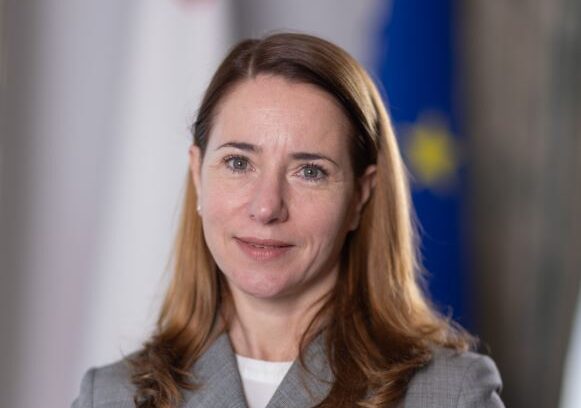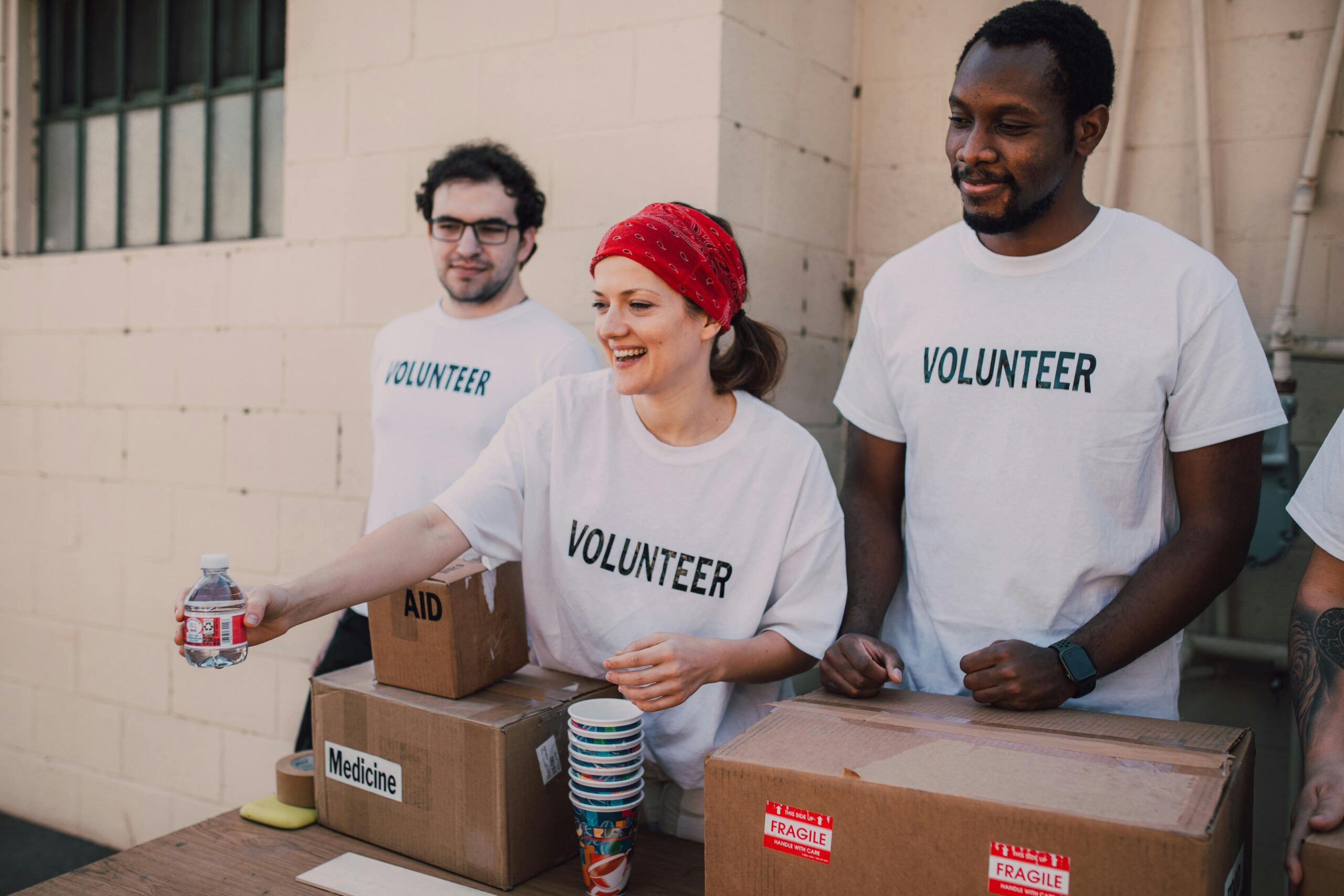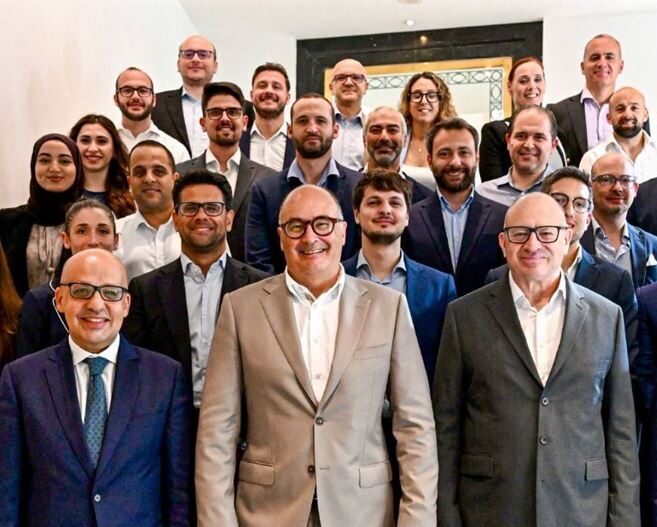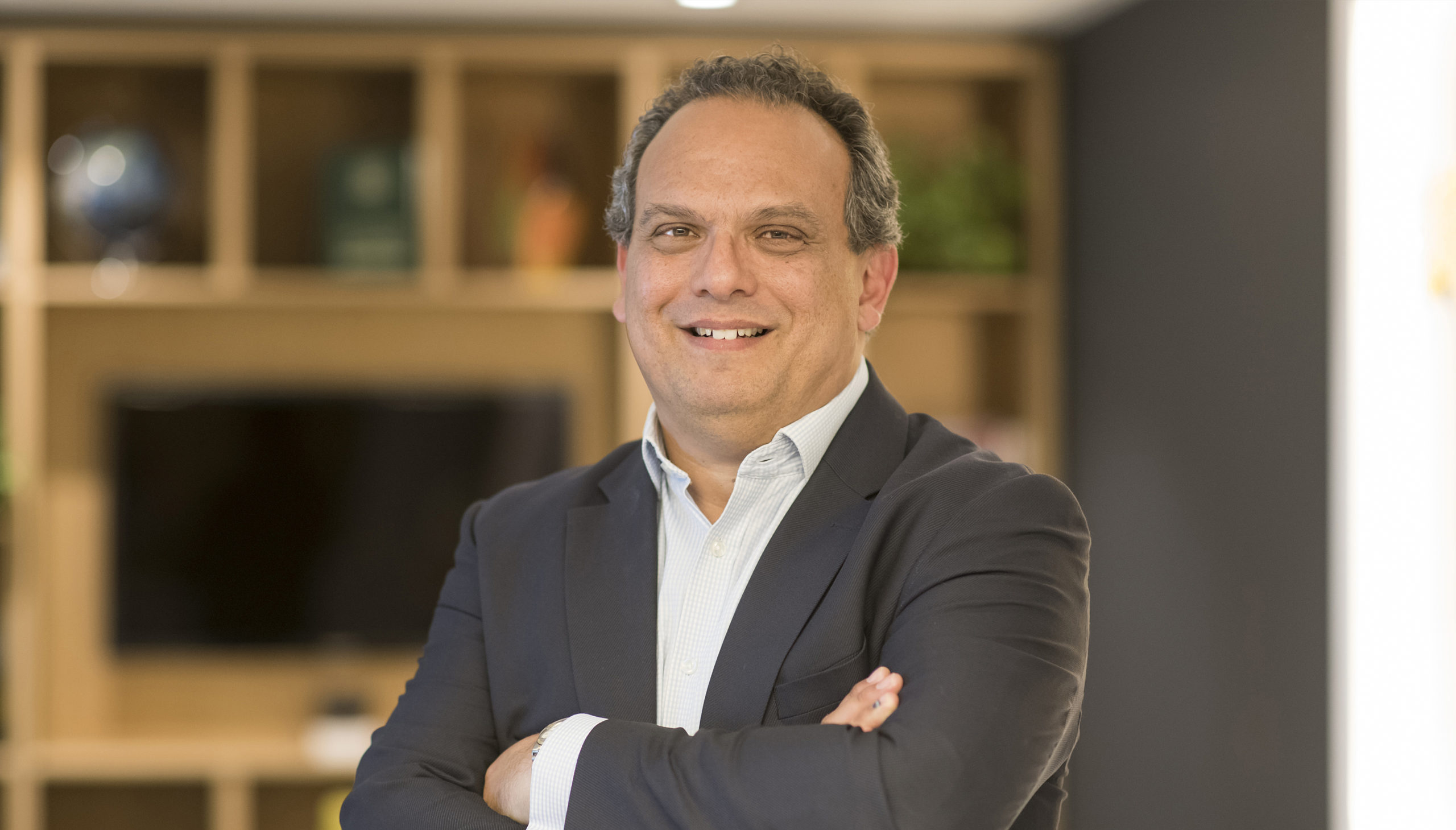Global Payments, a leading worldwide provider of payment technology and software solutions, is launching a new application in Malta that turns mobile phones into payment terminals for accepting cards.
According to Global Payments statistics, people began paying more with cards during the coronavirus crisis, and this trend persists.
Commenting on the launch, Celia Abela, Global Payments country manager for Malta remarked:
“We are observing a large increase in card payments, especially among tourists, for whom it is the most natural way to pay. That’s why we’re bringing a revolutionary app to businesses in Malta that will allow them to accept card payments with their own phone, making it easier for customers to pay. Customers will no longer have to look for an ATM – they can pay conveniently with a card via the merchant’s mobile phone.”
Global Payments has now launched the application in all its European countries including Austria, Germany, Czech Republic, Slovakia, Romania and Spain.
‘Not just a payment solution’
The application, called GP tom, allows merchants to accept card payments with their mobile phone instead of the classic terminal. The app works on all phones with Android 8 operating system and an NFC chip; all transactions are processed online.
The biggest advantage of the application is that smaller merchants will no longer need a payment terminal – everything is handled by their mobile phone. The solution is so flexible that it can be used by any merchant segment or category, although it dominates in sectors like taxi drivers, couriers, boating equipment rentals, craftsmen, tradesmen, and smaller shops and restaurants.
GP tom is also eco-friendly. The receipt can be sent by email, text message or scanned via a QR code by the customer’s phone. If printing is required, an external printer can be easily connected.
The application can also be quickly integrated with cash register systems, which is especially attractive to entrepreneurs.
The merchant will also see an overview and history of all transactions directly on his phone. Alternatively, the phone can be connected to other devices – tablet, computer or cash register – without any wires.
Thanks to the flexibility of the app, merchants can easily fine-tune app features themselves – no more calls or emails to hotline support. If support is needed, it is available directly within the app.
How to pay
Payment via GP tom occurs like a classic terminal. The merchant enters the amount, the customer taps a card or phone, enters the PIN and the application connects to the authorization center and initiates the payment.
The payment is processed by Global Payments and the money credited to the merchant’s account the day after the transaction.
“Payment is not made directly on the phone and the application only collects data. Like classic card payments, the processing itself is performed by our secure center,” explained Celia Abela.
Floating keyboards for extra security
It is not necessary to confirm transactions up to 50 euros with a PIN.
Above this amount, the application will request confirmation and a special floating keypad will appear on the display where the buyer will enter a PIN.
The keyboard moves so it is not possible to determine data entered via fingerprints. This ensures maximum safety for shoppers as the security is even higher than on classic terminals.
There is no need to enter a PIN when paying by phone with Google Pay or Apple Pay.
The GP tom application can be downloaded from Google Play as soon as the merchant enters into an agreement with Global Payments to accept payment cards.
More information on GP tom is available here.
Alison Micallef appointed CEO at Malta Development Bank
She steps into the new role effective immediately.
Impact beyond profit: CSR in Malta is a must in 2025
Nowadays, corporate social responsibility can no longer take a backseat in your business's vision.
Malta’s private equity sector urged to seize opportunities at high-level CEO seminar
Panellists highlighted Malta’s potential as a destination for private capital, citing its English-speaking workforce, regulatory accessibility, and strategic location.
Ronald Attard takes on expanded role as Managing Partner for Risk Management at EY Europe Central
He has built experience in management accounting, corporate finance, and mergers and acquisitions.









